Young people, especially Gen Z, are facing an alarming spike in kidney problems - Photo generated by AI
According to Neosciencehub , young people, especially Gen Z, are facing an alarming increase in kidney problems. Many of them have kidney failure even though they are at an age when they should not have it.
Why are more and more young people getting kidney failure?
Every day, the kidneys filter about 190 liters of blood, process waste, regulate blood pressure, and even produce a hormone that helps bone marrow make red blood cells. Yet many young people are putting them under a lot of metabolic stress.
ETV Bharat cited recent findings from the Asian Institute of Nephrology and Urology (AINU) and the Nizam’s Institute of Medical Sciences (NIMS) that Gen Z in India is witnessing a sharp rise in kidney-related problems. NIMS is treating nearly 500 new kidney patients every month.
From December 2024 to February 2025, in just 2 months, there were 19,753 outpatient visits for kidney problems and nearly 3,000 hospitalizations.
More worryingly, among these are 50-60 cases of end-stage renal failure, in patients much younger than we might imagine.
Gen Z is chronically dehydrated. You’ve probably seen someone walk into a coffee shop, order an iced Americano with oat milk, have an energy drink for lunch, and then end the day with a milk tea. But no one orders water.
" Dehydration is one of the leading causes of kidney stones and urinary tract infections," says Dr Bhanu Mishra, a kidney specialist at BLK Max Hospital in New Delhi.
These problems used to be seen only in people over 50. Now they're appearing in teens and 20-somethings who consider plain water a secondary option.
We live in an age where a packet of instant noodles is considered a comfort food. But that comfort comes with a hefty dose of sodium—something your kidneys absolutely hate.
Processed foods like instant noodles, frozen potato chips, and even protein bars are "salt bombs" disguised as convenience.
“Too much salt raises your blood pressure and puts a strain on your kidneys,” says Dr. Mishra.
Imagine forcing your washing machine to wash an entire dorm's worth of laundry on a single rinse cycle - it's bound to break sooner or later.
Dr Bhanu Mishra, kidney specialist at BLK Max Hospital in New Delhi
Dr. Mishra warns that uncontrolled use of supplements is a serious problem. It is not just the amount of protein, but also the additives in these powders. When you continuously take whey, protein powders every day without drinking water, you are playing with your kidneys.
If you think popping a few ibuprofen for a stomachache or headache is harmless, think again. Over-the-counter painkillers , when taken regularly, can also cause kidney damage that builds up over time.
Online food ordering habits, gym trends and health tips spread on social media are all contributing factors to the rise in chronic kidney disease among young people.
Add in long working hours, lack of sleep and addiction to your phone and you're quickly wearing down your internal organs.
What can Gen Z do to avoid kidney failure?
Early stage kidney disease has no symptoms. No severe abdominal pain, no fever, no obvious signs at all. That's why it's called the "silent killer."
Most Gen Zers won’t go to the doctor until they have obvious symptoms. But a simple urine test or blood creatinine test can tell if your kidneys are giving you warning signs. But many young people don’t start going to the hospital until their condition has worsened.
You don’t have to give up lattes or protein powder. Just a little balance is all it takes. Don’t overcomplicate things. Your kidneys are a demanding organ.
They just require you to drink 2-3 liters of water per day; read labels carefully, from protein powder to snacks, pay attention to salt and additives; limit painkillers and absolutely do not use drugs on your own for a long time.
Also, get a checkup every year, even if you “feel fine.” Eat plenty of fresh foods like beans, vegetables, fruits, and whole grains. Don’t ignore symptoms of a urinary tract infection, such as frequent urination, burning, or cloudy urine.
Go to the hospital for a check-up immediately. Never delay just because you're "afraid of seeing a doctor", "I'm too busy today" or "I'll finish this first and then go".
DAWN
Source: https://tuoitre.vn/4-thoi-quen-pho-bien-lam-nguoi-tre-tang-nguy-co-suy-than-som-20250607152749035.htm





![[Photo] Panorama of the Opening Ceremony of the National Press Festival 2025](https://vphoto.vietnam.vn/thumb/1200x675/vietnam/resource/IMAGE/2025/6/20/6b835ee92c2c4df587af73cb2d1f4f5f)



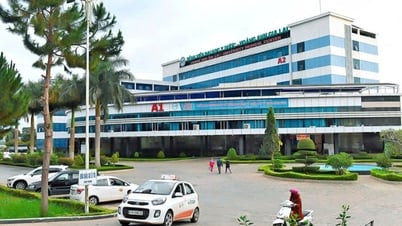

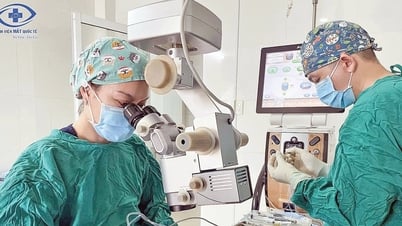


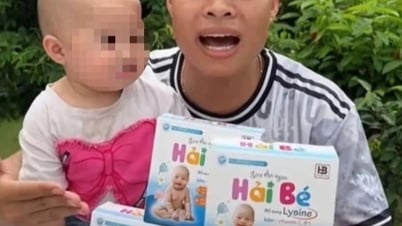


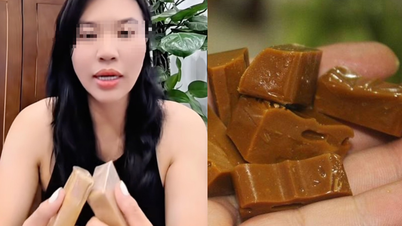










![[Photo] General Secretary To Lam chairs the 14th Central Military Commission Conference](https://vphoto.vietnam.vn/thumb/1200x675/vietnam/resource/IMAGE/2025/6/20/a9d25fc6dd664fb9a3757502f32e5db0)

























![[Maritime News] Wan Hai Lines invests $150 million to buy 48,000 containers](https://vphoto.vietnam.vn/thumb/402x226/vietnam/resource/IMAGE/2025/6/20/c945a62aff624b4bb5c25e67e9bcc1cb)












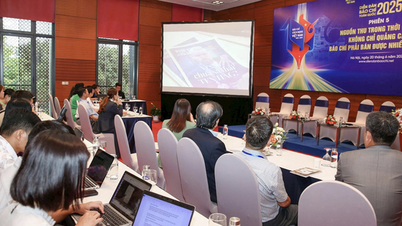







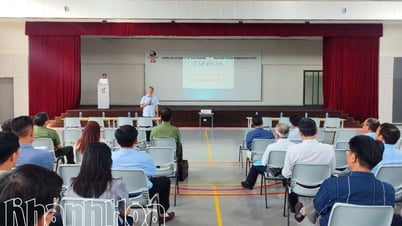



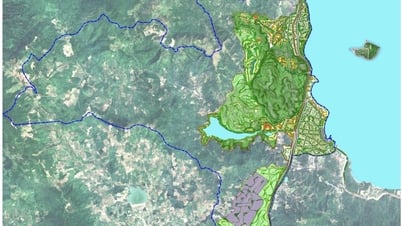




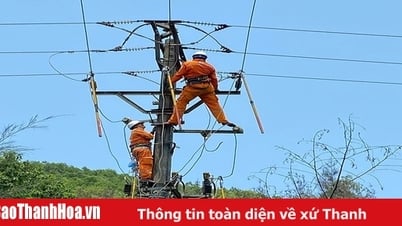















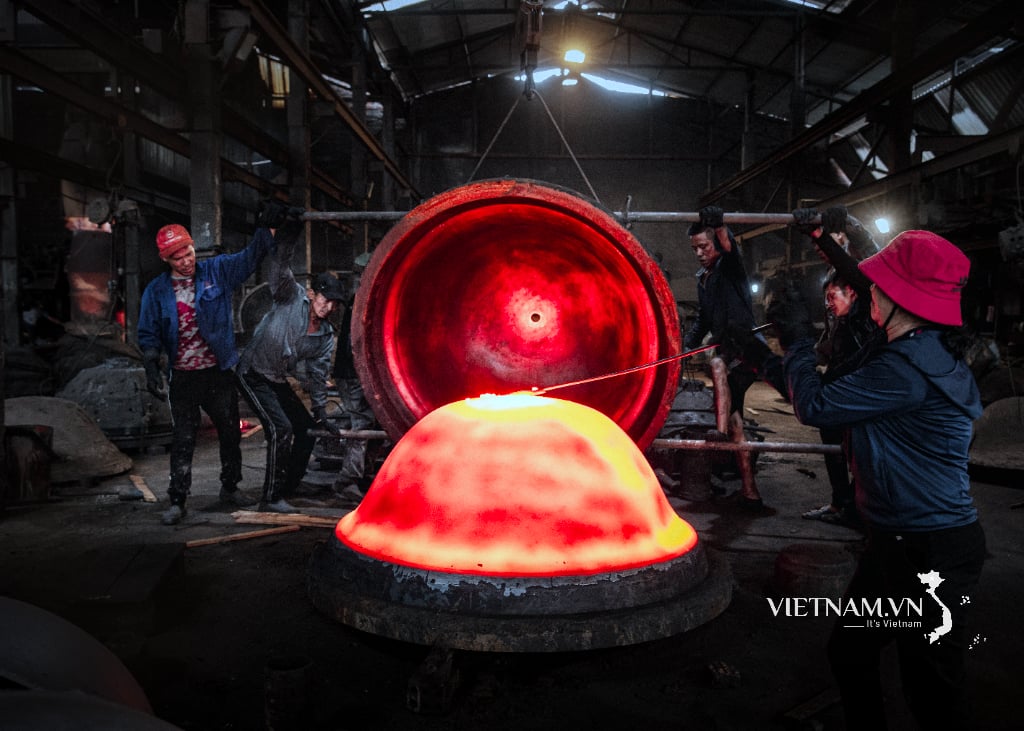
Comment (0)